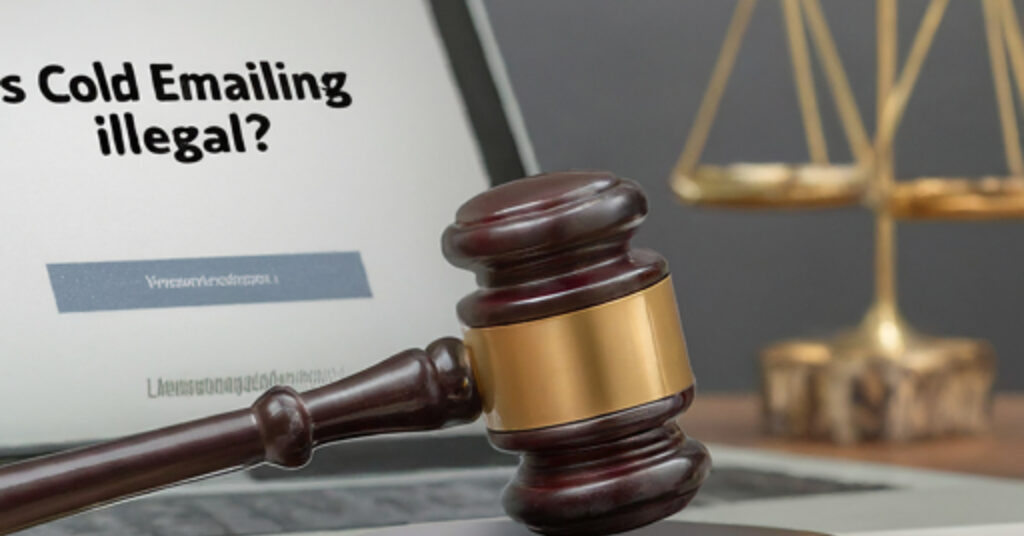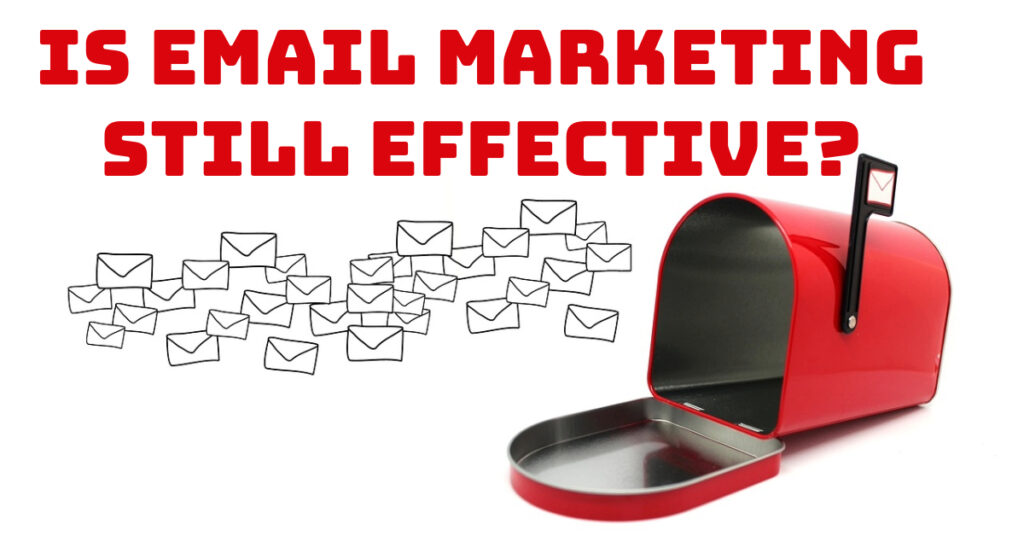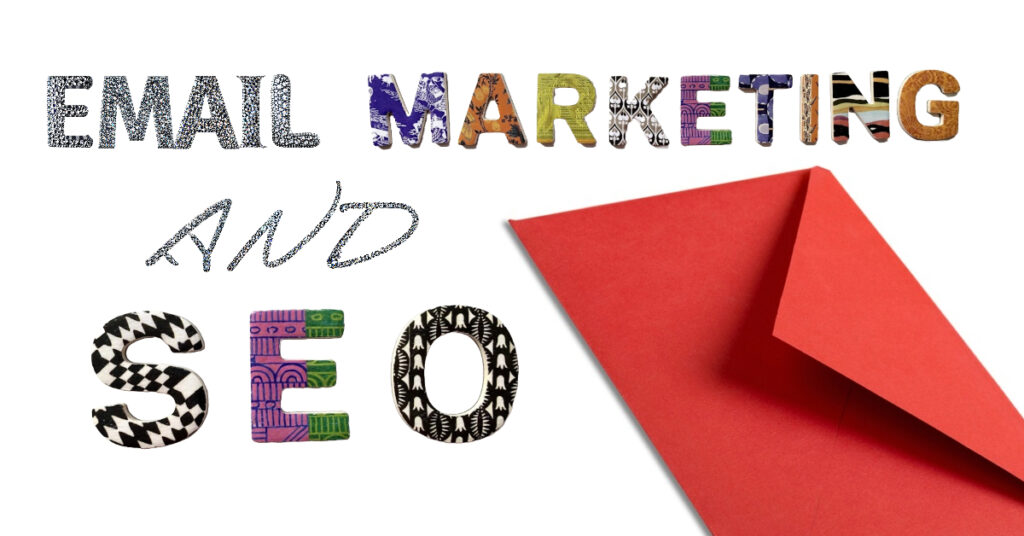“Is cold emailing illegal?” is a question of genuine concern because many countries have strict anti-spam laws that prohibit sending unsolicited commercial emails. These laws often define what constitutes spam and outline penalties for violations.
Even if a country doesn’t have specific anti-spam laws, there may be broader regulations governing unsolicited commercial communications. These regulations might prohibit certain types of cold emails or require specific disclosures.
Even if cold emailing isn’t explicitly illegal, it can still harm a sender’s reputation. If recipients find the emails to be spam or intrusive, they may report them, leading to email deliverability issues and damage to the sender’s brand.
To avoid legal problems and maintain a positive reputation, it’s essential to adhere to relevant laws and best practices for cold emailing. This includes obtaining consent, providing clear opt-out options, and ensuring that emails are relevant and valuable to the recipients.
So, in “Is Cold Emailing Illegal?” we’ll dive deep into it from all angles.
Is Cold Emailing Illegal?
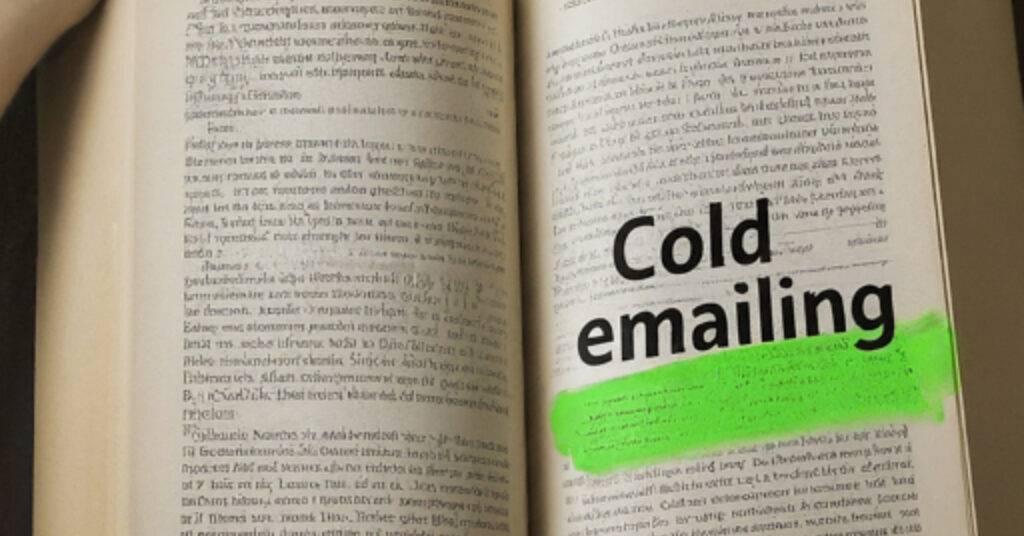
Cold emailing, the practice of sending unsolicited emails to potential customers, has become a common marketing tactic. However, the legality of cold emailing can vary significantly from country to country. Here’s a breakdown of the legal landscape in some key regions:
Is Cold Emailing Illegal in Canada?
Canada’s Anti-Spam Legislation (CASL): Canada has strict anti-spam laws that regulate commercial electronic messages (CEMs). Sending unsolicited CEMs without proper consent is illegal under CASL.
Key requirements: CASL mandates obtaining explicit consent before sending CEMs, providing clear unsubscribe options, and including specific sender information.
Is Cold Emailing Illegal in the UK?
Privacy and Electronic Communications Regulations (PECR): The UK’s PECR sets out rules for electronic marketing, including cold emailing.
Key requirements: PECR requires obtaining consent before sending marketing emails, providing clear opt-out options, and complying with data protection laws like GDPR.
Is Cold Emailing Illegal in Australia?
Spam Act 2003: Australia’s Spam Act prohibits sending unsolicited commercial electronic messages that meet certain criteria.
Key requirements: The Spam Act requires obtaining consent before sending commercial emails, providing clear unsubscribe options, and complying with other relevant laws.
Is Cold Emailing Illegal in Germany?
Unfair Competition Act (UWG): Germany’s UWG prohibits sending unsolicited commercial emails that are considered unfair or misleading.
Key requirements: German law generally requires obtaining consent before sending commercial emails, especially if they contain personal data.
Is Cold Emailing Illegal in Denmark?
Marketing Act: Denmark’s Marketing Act regulates electronic marketing, including cold emailing.
Key requirements: The Marketing Act requires obtaining consent before sending marketing emails and complying with data protection laws.
Is Cold Emailing Illegal in the US?
CAN-SPAM Act: The US’s CAN-SPAM Act regulates commercial emails.
Key requirements: The CAN-SPAM Act requires providing a clear unsubscribe option, identifying the sender, and complying with other specific requirements.
Is Cold Emailing Illegal in South Africa?
POPI Act: South Africa’s Protection of Personal Information Act (POPI) regulates the processing of personal information, including email addresses.
Key requirements: POPI requires obtaining consent before collecting and using personal information, including for cold emailing purposes.
In summary, while cold emailing is not inherently illegal in most countries, it is subject to various regulations that require obtaining consent, providing clear opt-out options, and complying with data protection laws. It’s essential to research the specific laws and regulations in the jurisdictions where you intend to send cold emails to ensure compliance and avoid legal issues.
But for your convenience, we’re going to tell you some common practices which you can use in your cold emailing strategy. These strategies not only help you to avoid legal issues but also increase your cold emailing effectiveness.
What All Above Laws Says:
While the specific laws and regulations may vary from country to country, there are some common practices and summaries that can help you comply with cold emailing laws globally:
Obtain Consent
Sender information: Disclosure of sender information is very essential for email deliverability before obtaining consent. It not only makes you authentic but helps you avoid legal issues.
Explicit consent: Add explicit consent for recipients sending cold emails. This can be written in the footer of the email using clear language in your privacy policy, using email software for cold emailing i.e. Snov.io and Apollo etc. If the recipient does not agree he’ll unsubscribe from your list.
Implied consent: In some cases, implied consent(consent considered from the behaviour of the recipient) might be sufficient, but it’s generally best to have explicit consent.
Provide Opt-Out Options
Clear unsubscribe link: Include a clear and easily accessible unsubscribe link in every email. It can be added in the email by using Cold emailing software.
Timely processing: Process unsubscribe requests promptly to avoid further legal issues.
Relavent Email Content
Accuracy and honesty: Ensure the content of your emails is accurate and truthful. Avoid misleading or deceptive information.
Clear subject line: Use a clear and relevant subject line that accurately reflects the content of your email.
Value proposition: Clearly articulate the value your product or service offers.
Personalize Your Emails:
Tailor content: Customize your emails based on the recipient’s interests, industry, or previous interactions.
Use their name: Address the recipient by their name to create a more personalized connection.
Improve Email Deliverability
Reputation management: Maintain a good sender reputation to avoid being flagged as spam. This involves factors like email engagement and complaint rates.
Avoid spam traps: Be cautious of spam traps, which are email addresses designed to catch unsolicited emails.
Cold Email Marketing tools provide this option.
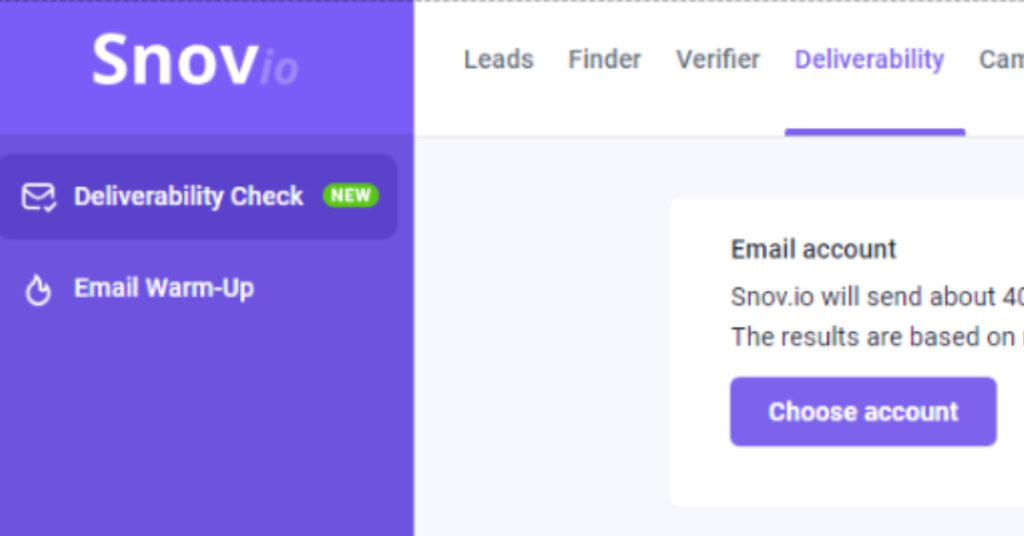
Ensure Data Privacy
Secure data handling: Implement appropriate security measures to protect personal data.
Use Reputable Cold Emailing Software
In addition to the legal and ethical considerations, choosing the right cold emailing software can significantly impact your campaigns’ success. Reputable cold email software can help you:
Manage contacts and lists: Organize your contacts efficiently and create targeted lists based on various criteria.
Schedule emails: Send emails at optimal times to maximize engagement.
Track performance: Monitor open rates, click-through rates, and reply rates to measure the effectiveness of your campaigns.
Integrate with other tools: Connect with CRM systems, marketing automation platforms, and other tools to streamline your workflow.
Conclusion:
While cold-emailing legality varies by country, understanding common practices keeps you safe and successful. By obtaining consent, providing clear opt-out options, and crafting valuable, personalized emails, you gain trust and avoid legal trouble. Reputable cold emailing software can further enhance your campaigns and reputation. So, follow these guidelines and watch your cold emailing efforts blossom!

